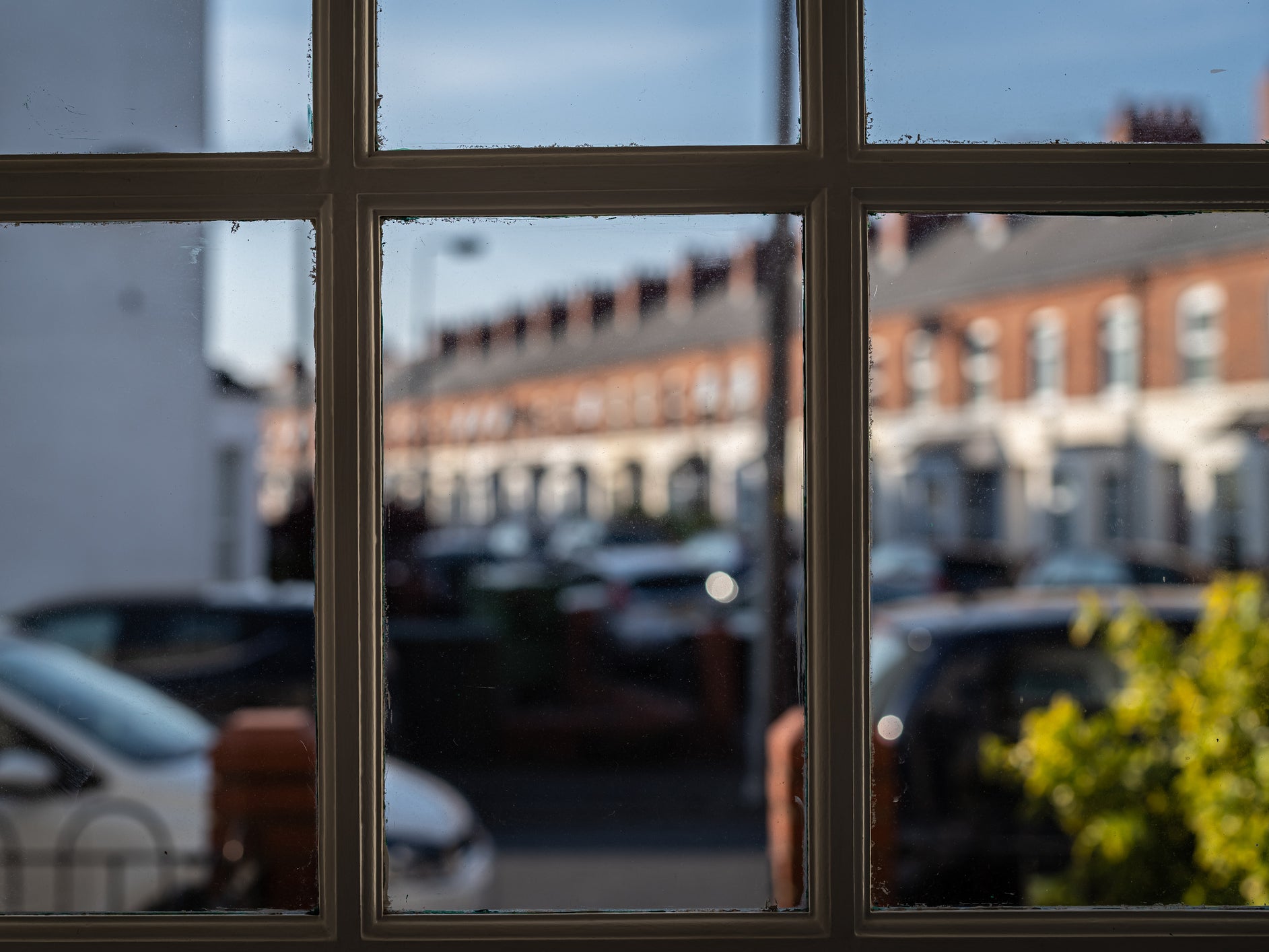Coronavirus: Up to half of people shielding from Covid-19 have left their homes against official advice, poll finds
Many have also seen their mental health worsen under strict quarantine

Your support helps us to tell the story
From reproductive rights to climate change to Big Tech, The Independent is on the ground when the story is developing. Whether it's investigating the financials of Elon Musk's pro-Trump PAC or producing our latest documentary, 'The A Word', which shines a light on the American women fighting for reproductive rights, we know how important it is to parse out the facts from the messaging.
At such a critical moment in US history, we need reporters on the ground. Your donation allows us to keep sending journalists to speak to both sides of the story.
The Independent is trusted by Americans across the entire political spectrum. And unlike many other quality news outlets, we choose not to lock Americans out of our reporting and analysis with paywalls. We believe quality journalism should be available to everyone, paid for by those who can afford it.
Your support makes all the difference.Up to half of people who are shielding from Covid-19 have left their home against advice, while one-third have seen their mental health worsen, according to new data.
Figures from the Office for National Statistics (ONS), based on a survey of 4,149 people who are shielding, found that 49 per cent have been out since shielding began, while 51 per cent have stayed at home.
People who are shielding were initially told not to leave their home or garden, including for exercise, shopping or to go to work.
But on 1 June, the rules in England were relaxed to say people could leave their homes once a day for exercise.
The new poll across England, covering 28 May to 3 June, found:
- Two-thirds (66 per cent) had not stayed two metres away from those they live with despite being advised to do so, while 11 per cent had always kept their distance and 23 per cent had done so sometimes.
- Almost half (49 per cent, an estimated 1.1 million people) said they had left the house since receiving advice to shield and 40 per cent had left home at least once in the previous seven days.
- Some 53 per cent said they had left home during the shielding period for exercise, 26 per cent attended a GP or hospital appointment and 24 per cent shopped for essentials. Some 12 per cent collected a prescription, 11 per cent had a blood test and 3 per cent went to work.
- In the previous seven days, 19 per cent had left their house or garden every day, 34 per cent had on some days, 29 per cent had done so once and 18 per cent had not at all.
The poll also found that while 61 per cent of those shielding had experienced no difference in their mental health and wellbeing due to shielding, 35 per cent said their mental health had got worse (29 per cent slightly worse and 6 per cent much worse).
Almost half of those under the age of 60 reported worsening mental health, compared with 26 per cent of those aged between 70 and 74 and 23 per cent of those aged over 75.
Women were also more likely than men to say their mental health had got worse over time.
The data also showed that around 627,000 of those shielding (28 per cent of the total) had previously worked before being advised to shield.
This is low compared with the general population, but includes children, the elderly and those who cannot work due to health reasons.
Of those who normally worked before shielding, 36 per cent are now working from home and 5 per cent are continuing to work outside the home (an estimated 32,000).
Of those who continue to work outside the home, an estimated 19,000 said they needed to do so for the money.
Just over one-third (36 per cent) of those who normally work have been furloughed, and 17 per cent have stopped working.
Overall, the ONS said it was “difficult to pinpoint” the exact number of people completely following shielding guidance, with 62 per cent of people saying they were and 33 per cent saying they were most of the time.
Of those offered support from the government to help them receive supplies while shielding, 54 per cent had registered for support and 46 per cent had not.
Some 2.2 million clinically extremely vulnerable people have been advised to shield due to Covid-19.
Press Association
Join our commenting forum
Join thought-provoking conversations, follow other Independent readers and see their replies
Comments